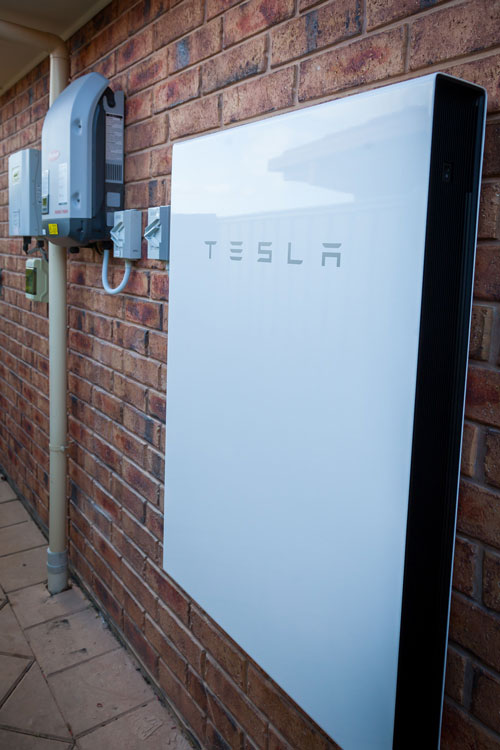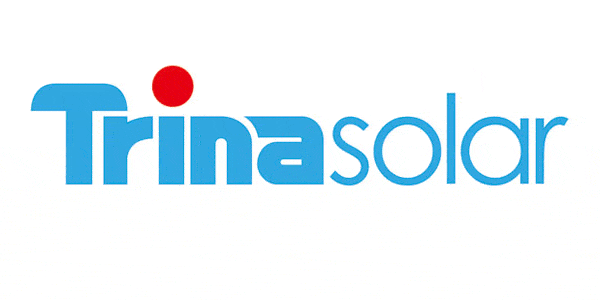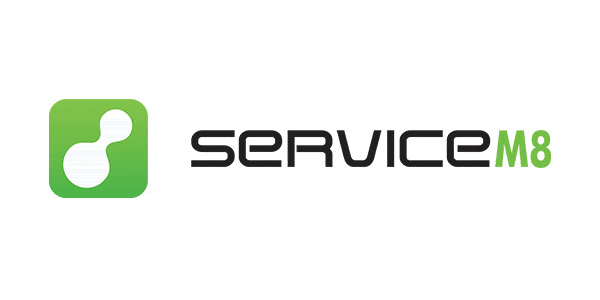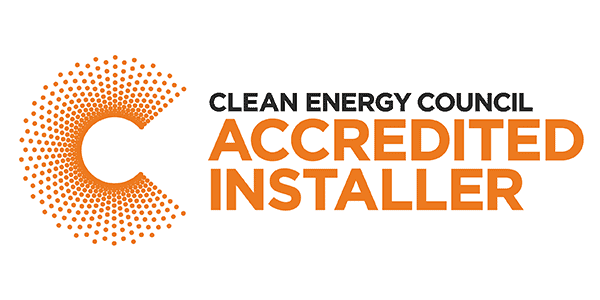As a solar enthusiast and advisor in the solar niche, I am excited to share the wonders of solar battery systems with you. These advanced technologies have revolutionized the way we harness and store solar energy. In this article, I’ll take you on a journey to explore the amazing benefits of solar battery systems, their financial advantages, environmental impact, and key factors to consider when choosing the right system for your home.
Introducing Solar Battery Systems
Solar battery systems are a cutting-edge solution that allows you to store excess energy generated by your solar panels. Instead of sending surplus energy back to the grid, solar batteries store it for later use, even during cloudy or rainy days. This innovative technology enables you to become more self-sufficient and reduce your dependence on the traditional power grid.
Advantages of Solar Battery Systems
Backup Power during Outages
One of the most significant advantages of solar batteries is their ability to provide backup power during grid outages. When severe weather strikes and the power goes out, solar batteries keep your essential appliances running, ensuring you have a reliable power supply when you need it most.
Maximizing Solar Energy Use
By storing excess energy during sunny hours, solar batteries enable you to utilize solar power at night or when sunlight is limited. This means you can make the most of your solar panels and significantly increase your energy independence.
Financial Benefits of Solar Battery Systems
Investing in a solar battery system offers substantial financial benefits. By storing excess energy and using it during peak demand hours, you can reduce your reliance on electricity from the grid, leading to substantial savings on your energy bills. Additionally, some regions offer feed-in tariffs, allowing you to sell excess energy back to the grid for further financial incentives.
Choosing the Right Solar Battery System
When selecting a solar battery system for your home, several factors come into play.
Battery Capacity and Size
Assessing your household’s energy consumption is crucial in determining the right battery capacity and size. This evaluation ensures that your battery system can meet your daily energy needs and provides you with a seamless solar experience.
Solar Battery System Types and Technologies
Solar batteries come in various types, with the two most common being lead-acid batteries and lithium-ion batteries. Understanding the differences between these technologies will help you make an informed decision based on your preferences and budget.
Compatibility with Existing Solar Panels
If you already have solar panels installed on your property, it’s essential to ensure that the solar battery system you choose is compatible with your existing setup. In some cases, a hybrid inverter may be necessary to integrate your current solar panels with the battery system.
Installation and Maintenance
To ensure optimal performance and longevity of your solar battery system, professional installation is crucial. Seek certified installers who have experience in setting up solar batteries and follow all necessary permits and regulations.
Regular maintenance is also essential to monitor the health of your battery system and identify any potential issues. This proactive approach will help you avoid costly repairs and ensure that your solar battery operates at peak efficiency.
Environmental Impact
In addition to financial benefits, solar batteries contribute significantly to reducing your carbon footprint. By storing solar energy and using it instead of drawing power from fossil fuel-dependent grids, you actively support renewable energy and play a part in combatting climate change.
Cost Considerations
While solar battery systems offer numerous benefits, they also require an initial investment. The cost of a solar battery system will depend on its capacity and technology. However, over time, the system will pay for itself through savings on electricity bills and potential government incentives.
Potential Drawbacks
It’s essential to consider potential drawbacks before investing in a solar battery system. Limited storage capacity is one aspect to keep in mind, and it’s crucial to assess your energy needs to determine if the chosen system can meet your requirements. Additionally, solar power generation is weather-dependent, so it’s essential to balance energy production and consumption, especially during periods of low solar output.
Going Off-Grid: A Sustainable Dream
For those seeking complete energy independence, going off-grid with a solar battery system is an enticing prospect. By disconnecting from the traditional power grid, you rely solely on your solar panels and battery system to power your home. While going off-grid requires careful planning and may involve a larger initial investment, it offers unparalleled freedom from utility bills and contributes significantly to a more sustainable lifestyle.
Choosing the Right Battery Type: Lead-Acid vs. Lithium-ion
The type of battery you choose for your solar battery system plays a crucial role in its performance and lifespan. Lead-acid batteries, commonly used in older systems, are more affordable upfront but have a shorter life span and lower efficiency. On the other hand, lithium-ion batteries are more expensive but offer higher energy density, longer lifespans, and enhanced efficiency, making them a preferred choice for many homeowners.
Environmental Impact: A Step Towards a Greener Future
Embracing solar battery systems not only benefits your household financially but also contributes to a greener and more sustainable future. By reducing reliance on fossil fuels and minimizing carbon emissions, solar battery systems play a pivotal role in combating climate change and protecting our environment for future generations.
Maximizing Return on Investment
Investing in a solar battery system is a long-term decision that requires careful consideration of your energy needs and financial goals. By accurately sizing your battery system and optimizing its performance, you can maximize your return on investment, enjoying substantial savings on electricity bills for years to come.
Government Incentives and Rebates
Various government incentives and rebates are available to homeowners who adopt solar battery systems. Depending on your location, you may qualify for tax credits, grants, or feed-in tariffs, further enhancing the financial benefits of going solar.
A Bright and Sustainable Future
As we look towards a greener and more sustainable future, solar battery systems emerge as a vital technology that empowers homeowners to take charge of their energy consumption. With the ability to store sunshine for a rainy day, these systems provide reliable backup power, increase energy independence, and significantly reduce carbon footprints.
Whether you choose to integrate solar battery systems into your existing solar setup or go off-grid entirely, the benefits are undeniable. Make the switch to solar battery systems today and take a decisive step towards a brighter and more sustainable future for yourself and the planet!
Conclusion
In conclusion, solar battery systems are a game-changer in the world of renewable energy. Embracing this innovative technology allows you to store sunshine for a rainy day, ensuring a constant and reliable power supply for your home. From the financial benefits of reduced electricity bills to the environmental advantages of reducing your carbon footprint, solar battery systems empower you to take control of your energy consumption.
By investing in solar battery systems, you contribute to a more sustainable future while enjoying greater energy independence. You become part of a global movement that seeks to harness the power of the sun, minimizing our reliance on fossil fuels and mitigating the impact of climate change.
As a solar enthusiast and advisor, I encourage you to explore the potential of solar battery systems further. Evaluate your energy needs, consider the different types of batteries available, and consult with certified installers to ensure a seamless and efficient setup. Whether you’re looking to reduce your carbon footprint or save on electricity bills, solar battery systems offer a bright and sustainable future for you and your home.
Embrace the sun’s energy and start storing sunshine for a rainy day – make the switch to solar battery systems and take the first step towards a greener and more self-sufficient future!
FAQs: Frequently Asked Questions
1. Do solar batteries work during cloudy days? Yes, solar battery systems can still store energy during cloudy days. While they might not accumulate as much energy as on sunny days, they are designed to provide backup power when the sun isn’t shining brightly.
2. How long do solar batteries last? The lifespan of solar battery systems depends on various factors, including the type of battery, usage patterns, and maintenance. On average, well-maintained solar batteries can last between 10 to 15 years.
3. Can I use solar batteries without solar panels? Technically, yes, you can use solar battery systems without solar panels by charging them from the grid. However, the primary advantage of solar battery systems lies in storing excess solar energy, making them most beneficial when paired with solar panels.
4. Are solar battery systems safe for home use? Yes, solar battery systems are safe for home use when installed and maintained properly. Certified installers adhere to safety standards to ensure the system operates safely and efficiently.
5. How much can I save on my electricity bills with a solar battery system? Savings on electricity bills will depend on factors such as your energy consumption, the size of the solar battery system, and your local electricity rates. However, many homeowners experience significant reductions in their energy bills after installing solar battery systems.












